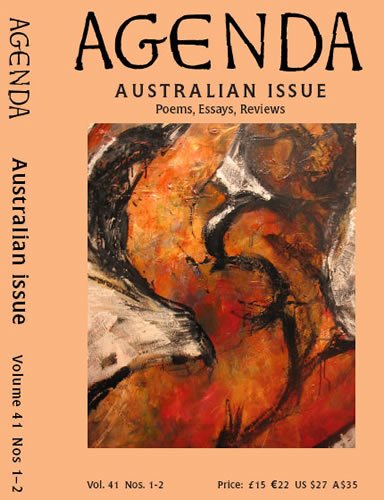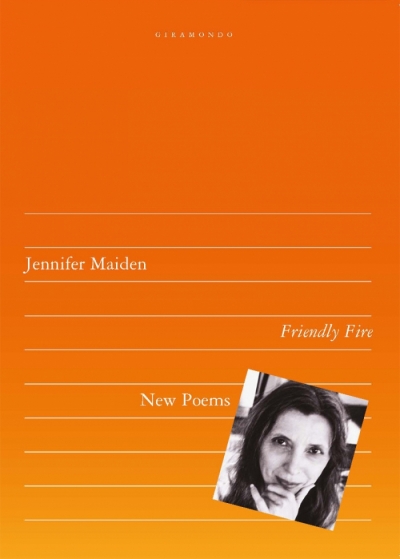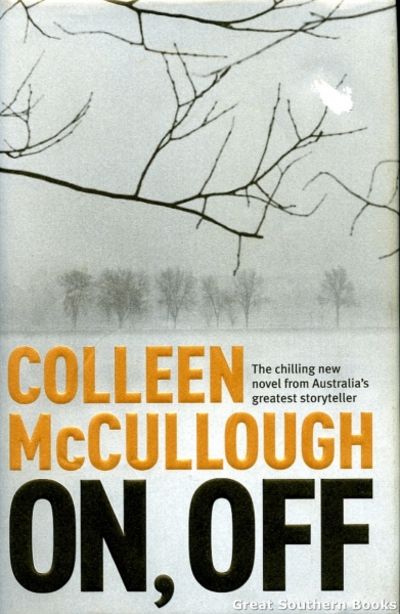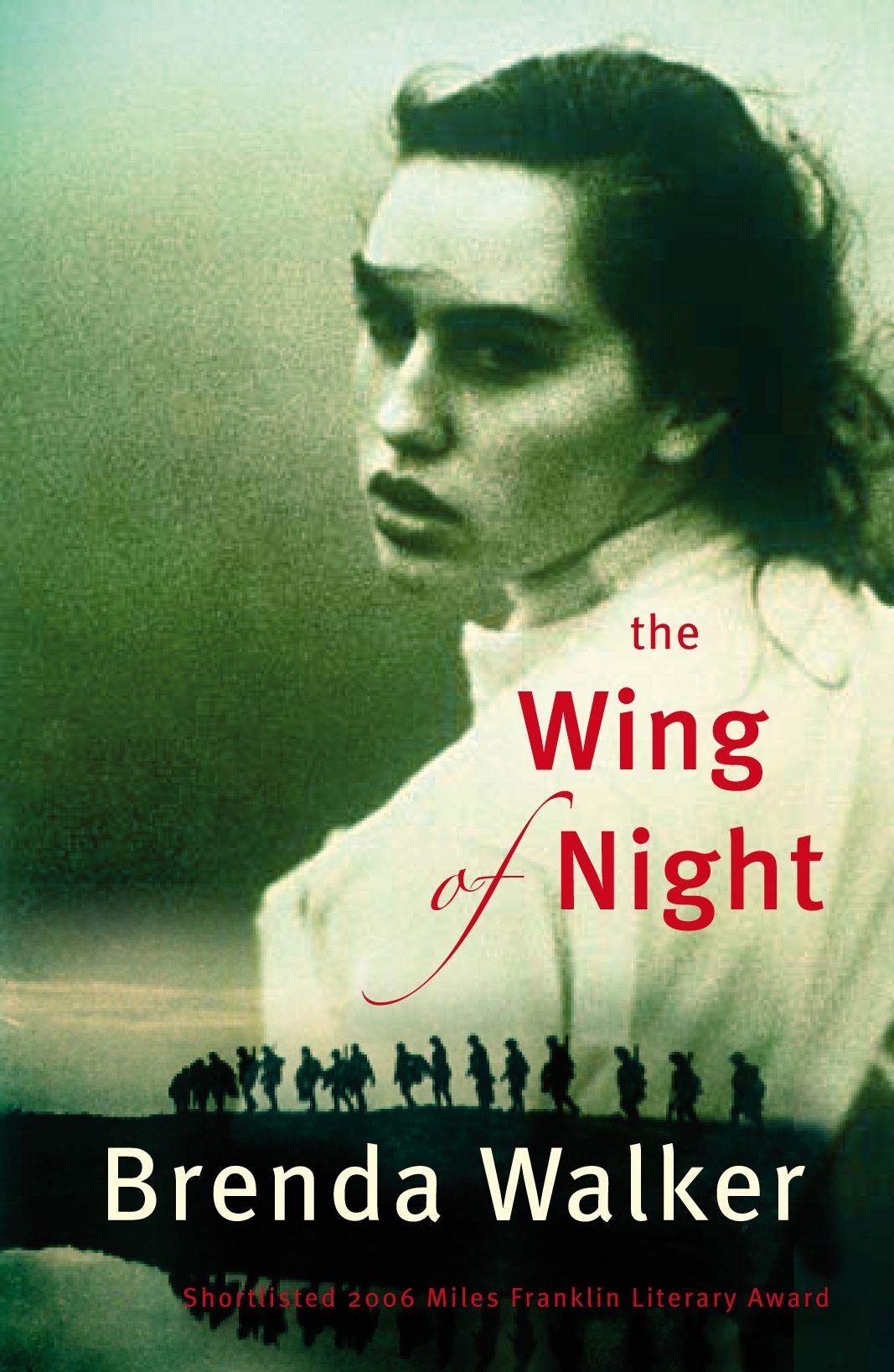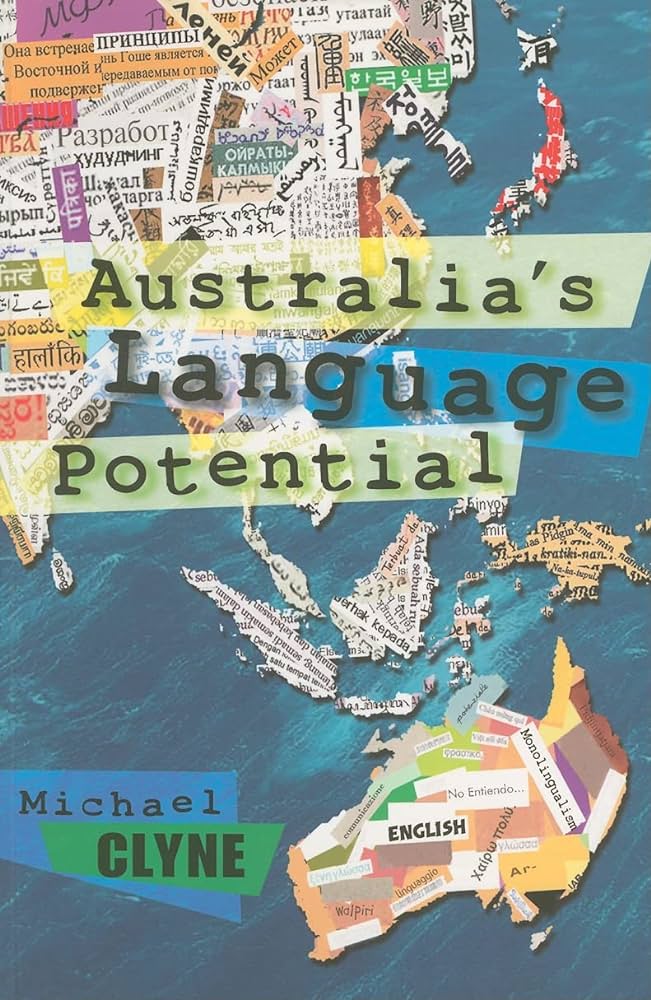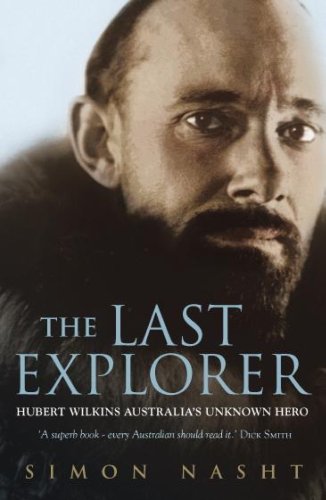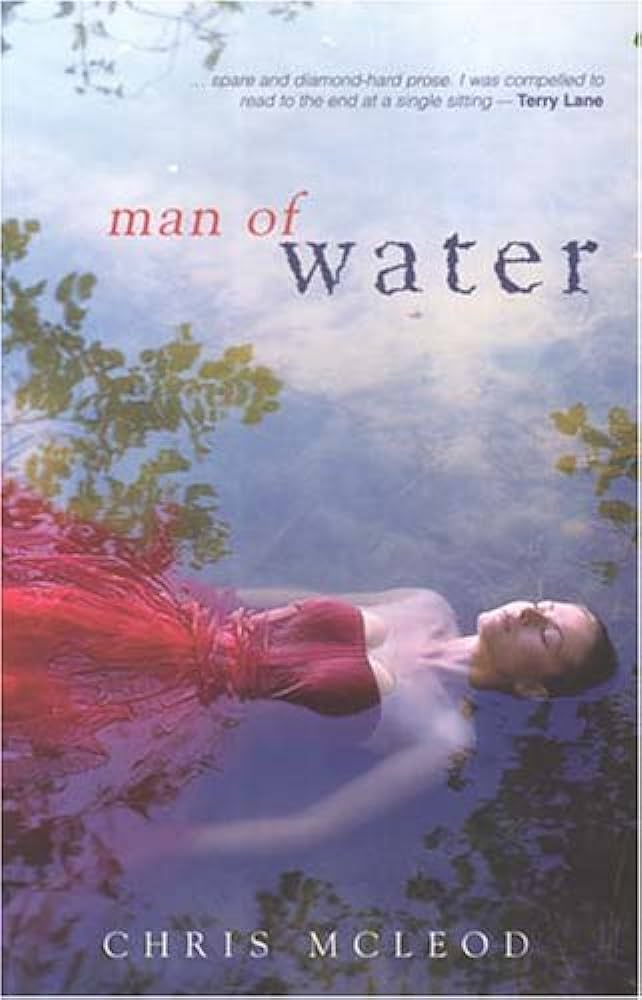Archive
Agenda edited by Patricia McCarthy & Jacket 28, October 2005 edited by John Tranter
Though we have seen periods during which Australian cinema has been synonymous with period-set narratives and idealised evocations of the outback, there has always been a darker side to our cinematic imagination, a gritty, hard-edged element that is just as crucial to this country’s feature film output as are the sepia-tinged dreamscapes. Many of the pivotal films of the Australian New Wave brought a vivid, finely judged aesthetic to the bleakest of subject matter. Fred Schepisi’s The Chant of Jimmie Blacksmith (1978) conjured a harrowing tragedy of grisly murders and manhunts, while Peter Weir’s darkly comic feature début, The Cars That Ate Paris (1974), presented a paranoid, murderous rural community whose raison d’être was maintaining its seclusion, even if that meant killing any outsiders who found their way into town.
... (read more)To celebrate the best books of 2005 Australian Book Review invited contributors to nominate their favourite titles. Contributors include Morag Fraser, Peter Porter, Kerryn Goldsworthy, Nicholas Jose and Chris Wallace-Crabbe.
... (read more)
